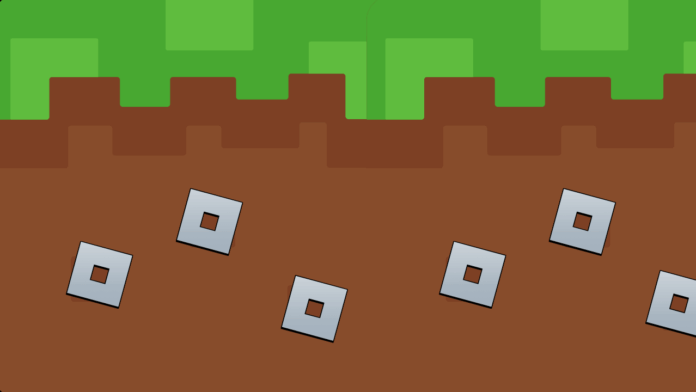The rise of Hyflex learning and virtual classrooms during the height of the COVID-19 pandemic has paved the way for children to be immersed in the digital world. While some have been exposed to computers and gadgets at an early age, this hybrid form of education, which encouraged them to use modern equipment, sparked their curiosity, roused their imagination, and ignited their passion for learning how to utilize the Internet to their advantage.
Such is the case of Minecraft, the popular sandbox game developed by Mojang Studios. Following its beta release for the PC in 2009, it has been ported to several platforms, including Smartphones and gaming consoles.
What makes Minecraft a standard app on our kids’ devices is that it promotes creativity, immersive gameplay, and social interaction. Parents would think of it as Lego on steroids: blocks stacked together to form a building, a pickaxe, even a tree. But then again, Minecraft offers than just your basic do-it-yourself environment. For one, there are numerous “coding camps” that introduce kids to the essentials of coding, including the use of Artificial Intelligence (AI), logic, and game design.
In addition, Minecraft teaches kids “to learn by doing” since they are practically in control of their game mechanics, design, and even go beyond Minecraft Education Edition and try JavaScript for more complex programming.
Similarly, Roblox has also captured the hearts of young gamers. It was even voted as “Favorite Video Game” at the Nickelodeon Kids’ Choice Awards in 2024 and nominated as the EE Mobile Game of the Year in 2018 by the British Academy of Film and Television Arts (BAFTA). The beginner-friendly Roblox Studio empowers kids to tinker with design, while Lua, a lightweight, high-performance scripting language known for its speed, flexibility, and ease of integration, makes it possible for your creators to write scripts, debug, and create in-game features.
Both games may appeal to kids and kids at heart, but they are preparing our young ones for a more interactive perspective, especially when they decide to pursue game design or development. Minecraft and Roblox foster logical thinking and problem solving, creativity, holistic learning, and collaboration – life skills that are essential in real-life and virtual settings.



